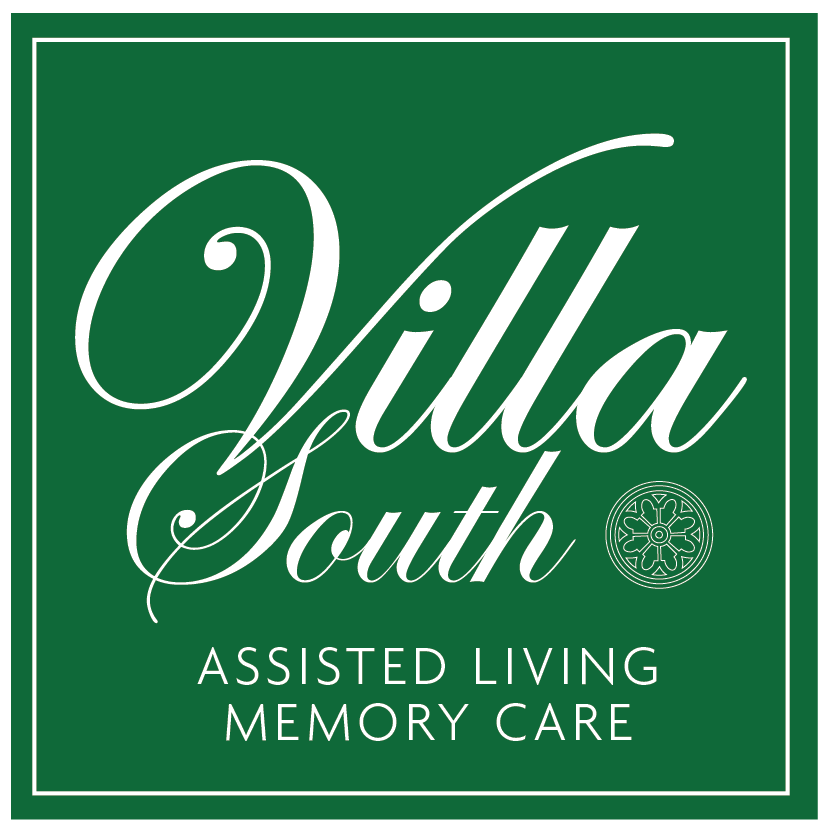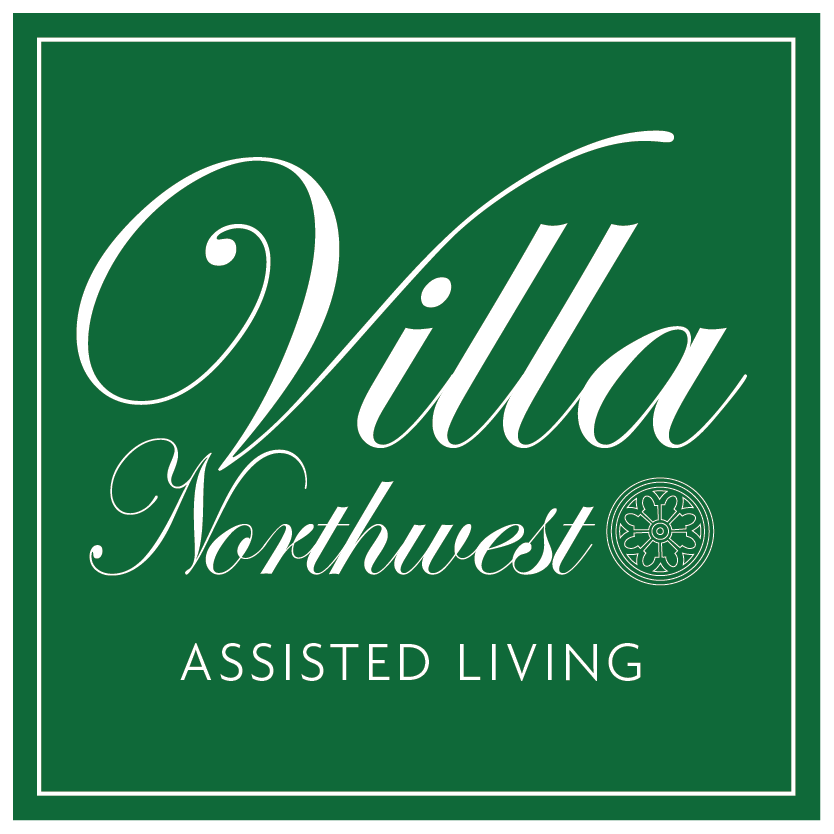Healthy Living Tips
from the Villa Assisted Living Care Team
5 Tips for Navigating Rehab After a Hospital Stay
If your senior family member is in hospital following a serious illness, injury, or surgery, the next likely step is therapy in a rehabilitation center.
Therapy is essential to ensure seniors regain their strength and independence. However, the hospital discharge planner may ask you to make multiple decisions quickly, which catches families off guard.
Even if your loved one had a short hospital stay, you’re left with dozens of questions: What is rehab? Which Rehab Center? Who will pay for rehab? Will it be successful?
A Nursing & Rehab Center admissions director can help you successfully navigate the complicated maze from hospital to rehab. Here are a few guidelines to smooth the transition.

What is rehab?
The primary goal of rehabilitation is to regain independence. If your family member has had a hip or knee replacement, for example, they will need to perform exercises to be able to walk again. If they choose to rehab in a nursing home, make sure it prioritizes rehabilitation.
“The only way our residents will get better is if we make therapy fun and encourage residents to complete their daily regimen,” says Jobert Macas, head of a therapy group. “Often our residents don’t realize what they’re doing is actually therapy. We use our creativity to make sure they complete their exercises so they can get better.”
The progress patients make depends on their motivation. This can be affected by their condition, type of rehab, or pain tolerance. Let the therapist know what works best for your family member, so they can respond with the right approach.
Be optimistic, but stay realistic. A patient recovering from hip replacement surgery may return home more mobile than before surgery. Others improve enough only to dress and bathe themselves. Sometimes, the goal is to keep your loved one functioning and prevent further decline.
How do I choose a rehab center?
Choose an established, licensed facility (like Villa) that will stick with your family member from the time they receive the referral until it’s time to return home.
Rehabilitation is offered either in an inpatient setting or outpatient basis, possibly both, and often includes a combination of physical, occupational, and speech therapy to restore independence and function.
Seniors can receive post-acute care rehab services in one of three ways:
- Skilled Nursing Facilities (SNF) offer intensive, 24/7 nursing and therapy in an inpatient setting. For patients with a physical and/or medical setback who need a safe environment with access to support staff while participating in rehabilitation, a SNF is the best option.
- Home Health therapy allows patients to return home or to an assisted living community, (hyperlink to Villa Home or Respite page). where they will receive visits from physical and/or occupational therapists up to three times a week. Outside those visits, patients and families are responsible for providing or arranging for care, if at home. An assisted living community though will provide assistance with medication management, bathing, dressing plus offer meals, housekeeping, social activities and entertainment for the senior resident.
- Outpatient physical, occupational and/or speech therapy is provided in a medical office setting and requires transportation to and from scheduled appointments.
Rehabilitation (SNF) centers can be freestanding or located within a Continuing Care Retirement Community (CCRC). CCRCs offer various levels of care as needed—skilled nursing and rehabilitation, assisted living, and independent living—in one location.
How do I pay for rehab?
It’s important to understand whether medical insurance will pay for all or just a portion of rehab costs.
Choose a Medicare-certified SNF. Traditional Medicare benefits include up to 100 inpatient days for rehabilitation in a skilled nursing or other rehabilitation facility.
To be eligible for the 100 days of Medicare coverage in a SNF, your family member has to have been in the hospital for three days, not counting the day of discharge. Eligibility doesn’t include hospital stays “under observation” — meaning not sick enough to be admitted but not well enough to go home. Call the SNF Admissions Director and ask them to explain the coverage provided by your family member’s Medicare or Medicare Advantage plan.
What should I know about the staff?
Make sure the SNF has a comprehensive rehabilitation program to get people back to doing what they love.
The team at Villa’s comprehensive rehabilitation program are dedicated to helping you get back to what you love.
Patients who put their trust in skilled therapists and nurses have a positive team of professionals encouraging them every day. If they’re home alone, who’s going to push them to do one more rep?
What is a respite stay?
Your SNF Discharge Planner might say you have accomplished your goals and are ready for discharge — but not home. What are your options? You may discharge to an assisted living facility and continue your therapy there, under the supervision of the center’s Wellness Director. You will continue to get stronger and regain your independent lifestyle.
Even family caregivers need a break. Most Assisted Living communities will accept a patient for a short-term stay, called a respite stay, in an Assisted Living program. This gives the caregiver the peace of mind that their loved one will be taken care of while they take care of themselves.
How can assisted living help post-rehab?
You or your loved one had a medical setback. You went to the hospital, then to a nursing home/rehab center to get stronger. You’ve made great progress in your therapy program! But you’ve been advised that home is not the best option, as you need a more supportive environment. Check out “When do Independent Seniors Benefit from Assisted Living?” flyer.
Learn more about How Assisted Living Can Help After a Rehab Stay
Thank you to Senior Allegiance Home Care for providing these Healthy Living Senior Tips for our Villa Assisted Living seniors in Corpus Christi, Texas.
For more Information, call Anayeli Betancourt-Reynoso RN at Senior Allegiance at 713-975-1519 or www.SeniorAllegiance.com
or Executive Directors Karen Thomas (Villa South) at 361-991-3252 or Patricia Torres RN (Villa Northwest) at 361-242-9446 or South@VillaAssistedLiving.com.
References: www.healthline.com, www.cdc.gov, www.mayoclinic.com
See for yourself
We'd love to show you around! Schedule a tour and a free assessment.
Villa of Corpus Christi is a friendly place!








